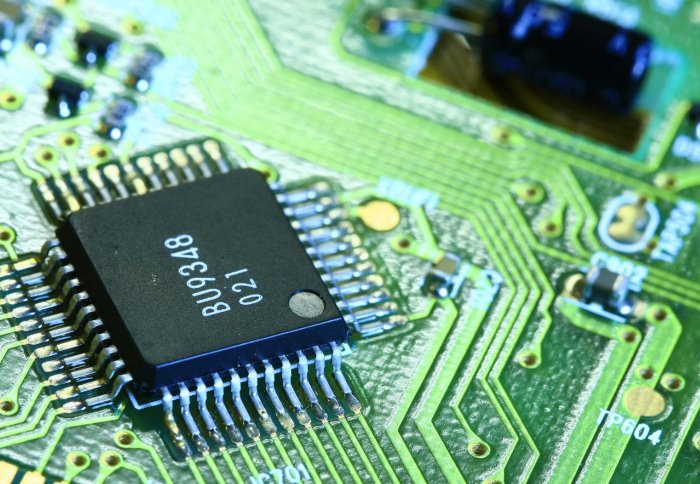

The Engineering and Physical Sciences Research Council has invested £2.5 million to advance metamaterial development.
Metamaterials are man-made materials that have unusual properties not seen in natural materials, that could have potentially transformative impacts. Using metamaterials in optics has already produced the possibility of an invisibility cloak. It is hoped this new funding will take such ideas further to progress theories and application of other transformative metamaterials.
Leading UK scientists based at Imperial College London, the University of Liverpool and Liverpool John Moores University will work on this multimillion five year study, which is uniquely positioned to span, and take advantage of, both mathematics and physics.
The collaboration with our colleagues from the physics group will provide unique insight and access to cutting edge ideas from physics that mathematicians can turn into solid rigorous theory.
– Professor Richard Craster
Department of Mathematics
Professor Richard Craster, project lead and Head of Department of Mathematics at Imperial College London, said: “This is an unusual and novel grant in metamaterials as it is centred around mathematical concepts and theory but nonetheless with considerable input from physics. The collaboration with our colleagues from the physics group, where metamaterials were originally developed, will provide unique insight and access to cutting edge ideas from physics that mathematicians can turn into solid rigorous theory. Conversely theoretical advances from mathematics can be fed directly and swiftly back into experiments and design.”
Metamaterials could provide a wide range of real-world applications where seismic waves play a role, even potentially cloaking buildings from earthquakes. French collaborators on the project are already using cloaking principles in seismic wave systems to try and ‘hide’ buildings from ground vibrations caused, for example, by trains.
Universities and Science Minister David Willetts said: “Advanced materials is one of the eight great technologies of the future with the potential to propel UK growth. This investment will help us to develop further applications for metamaterials and reap the benefits of advanced materials for the wider UK economy.”
Extending the concepts into thermal metamaterials could ultimately benefit laptop users. Currently, for example, computer chips in laptops become hot, limiting the amount of transistors and computer power that can be put in a chip. Using metamaterials for thermal transfer could overcome this issue. “If we can manage the power of maths to transfer this concept from electromagnetism to an equation system that describes the flow of heat, then we have a very powerful application,” said Professor Stefan Maier, Department of Physics, Imperial College London.
Based on a press release from Engineering and Physical Sciences Research Council.
Supporters

Article text (excluding photos or graphics) © Imperial College London.
Photos and graphics subject to third party copyright used with permission or © Imperial College London.
Reporter
Gail Wilson
Communications and Public Affairs

Contact details
Email: press.office@imperial.ac.uk
Show all stories by this author



Leave a comment
Your comment may be published, displaying your name as you provide it, unless you request otherwise. Your contact details will never be published.